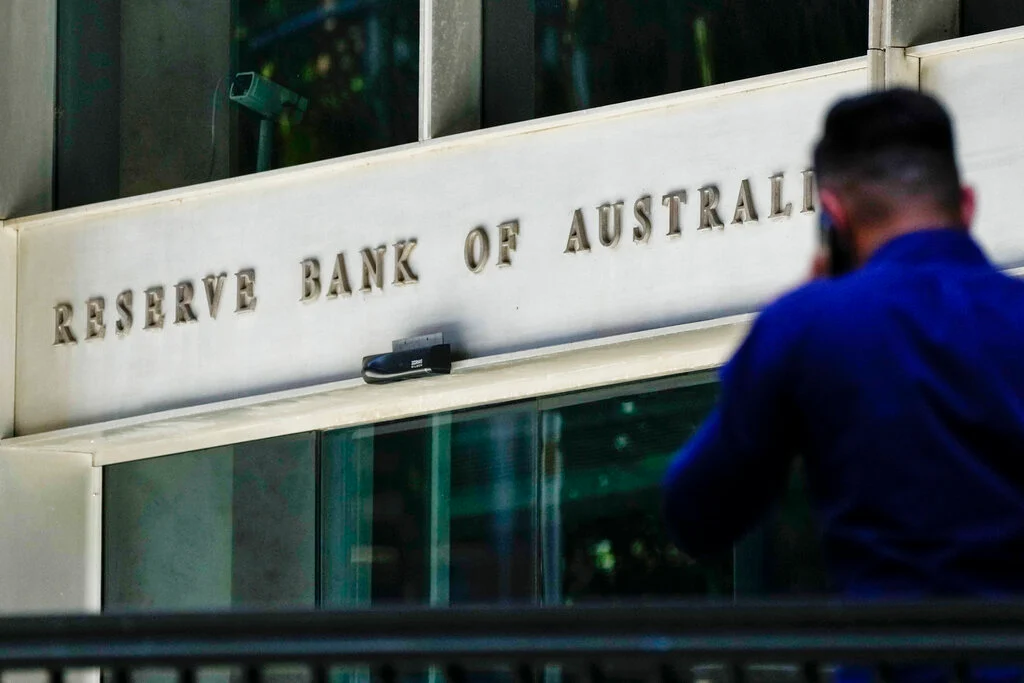What to Expect from Australian Interest Rates Over the Next 12 Months: A Homeowner’s Guide
NEWS & INSIGHTS | MORTGAGE BROKERS | PALM CAPITAL
What to Expect from Australian Interest Rates Over the Next 12 Months:
A Homeowner’s Guide
The Australian mortgage market is closely tied to interest rates, which directly affect homeowners’ repayment amounts and the affordability of new loans. As we move into 2025, there’s a great deal of speculation about where interest rates will head over the next 12 months. For homeowners, understanding the potential shifts in interest rates is essential for making informed decisions, particularly when it comes to refinancing. In this guide, we’ll cover the key factors influencing interest rates, expert predictions for the next year, and how homeowners can best prepare for these changes.
The Factors That Drive Australian Interest Rates
Interest rates in Australia are determined by several economic and global factors. The most significant driver is the Reserve Bank of Australia (RBA) cash rate, which is reviewed monthly. When the RBA raises or lowers the cash rate, it influences the interest rates set by banks and lenders across the country.
Here are some of the key factors influencing interest rate decisions in 2024:
- Inflation: The RBA uses interest rates as a tool to control inflation. If inflation rises, the RBA may raise rates to cool the economy. In 2023, inflationary pressures were one of the main reasons for the series of rate hikes, and experts expect this factor to remain in focus.
- Economic Growth: When the economy is strong, demand for borrowing increases, and the RBA may raise rates to prevent the economy from overheating. Conversely, in times of slow economic growth, rates may be lowered to stimulate spending and investment.
- Global Economic Trends: Events outside of Australia, such as changes in the US Federal Reserve’s monetary policy or global economic disruptions, can also impact local interest rates. For example, fluctuations in commodity prices, global inflation, or geopolitical tensions can affect the RBA’s decisions.
- Unemployment and Wages: If wages grow too slowly or unemployment rises, the RBA may keep rates low to stimulate the economy and encourage business investments.
Understanding these factors will give homeowners a better idea of what might happen to interest rates in the near future.
Expert Predictions for Interest Rates in 2024
Looking forward to 2024, analysts have varying opinions about the direction of Australian interest rates. While some predict further rate hikes to combat inflation, others believe the RBA may adopt a more cautious approach due to fears of slowing economic growth.
- Potential Rate Increases: Some financial experts believe that the RBA will continue to raise rates in the early part of 2024. This is especially likely if inflation remains above the RBA’s target range of 2-3%. Rising energy costs, global supply chain disruptions, or strong consumer demand could all contribute to further inflationary pressure, leading to more rate hikes.
- Rate Stability: On the other hand, some analysts predict that rates may remain stable for much of 2024. If inflation shows signs of cooling and economic growth slows, the RBA may opt to hold the cash rate steady, providing some stability for homeowners.
- Rate Cuts?: While less likely, there is a small possibility that the RBA could cut rates if the economy slows significantly or inflation drops faster than expected. However, this scenario is considered unlikely in the short term, given the current economic conditions.
Regardless of which direction rates go, the key takeaway for homeowners is to stay informed and be ready to adapt to potential changes.
How Rising Interest Rates Could Impact Your Mortgage
For homeowners with a variable-rate mortgage, any increase in interest rates will directly affect monthly repayments. As rates rise, your lender will likely pass on the increase, resulting in higher mortgage payments.
Here’s how a rate rise could impact you:
- Increased Monthly Payments: For every 0.25% rate increase, a $500,000 mortgage could see monthly repayments rise by around $80 to $100, depending on the loan’s terms. This can add up quickly, straining your household budget.
- Impact on Borrowing Power: Rising interest rates don’t just affect your current mortgage—they can also limit how much you can borrow for future loans. As rates increase, lenders may reduce the amount they’re willing to lend based on your income, making it harder to upgrade or buy an investment property.
- Effect on Property Prices: Higher interest rates tend to cool the housing market, as borrowing becomes more expensive. This could lead to slower property price growth or even price declines, depending on how aggressive the rate hikes are.
Preparing Your Finances for Interest Rate Changes
Whether you expect rates to rise, fall, or remain stable, the key to navigating interest rate changes is preparation. Here are some practical steps homeowners can take to protect themselves:
- Review Your Current Mortgage: If you’re on a variable-rate mortgage and expect rates to rise, now may be the time to switch to a fixed-rate loan. Fixed rates offer stability by locking in your repayments for a set period, shielding you from future rate increases.
- Consider Refinancing: Refinancing your home loan can be a smart move if you want to take advantage of better terms or lower interest rates. If you’ve built up equity in your home or improved your credit score, you may qualify for a more favourable deal. A mortgage broker can help you compare your refinancing options.
- Build a Financial Buffer: If higher rates are on the horizon, now is a good time to build a financial buffer. Set aside extra savings to cover any unexpected increases in your monthly repayments. This will help you avoid financial stress in the event of further rate hikes.
- Get Professional Advice: The mortgage market can be complex, and interest rate changes add another layer of uncertainty. Speak with a mortgage broker to get expert advice on how to position your finances for the year ahead. A broker can help you understand your refinancing options, find competitive rates, and ensure you’re getting the best deal possible.
Regardless of which direction rates go, the key takeaway for homeowners is to stay informed and be ready to adapt to potential changes.
Conclusion
While no one can predict exactly what will happen with Australian interest rates over the next 12 months, being informed and proactive will help you navigate any changes. By understanding the factors influencing rates, keeping an eye on expert predictions, and preparing your finances, you can ensure you’re ready for whatever comes your way.
If you’re considering refinancing or want to discuss your mortgage options, contact one of our experienced mortgage brokers today. We can guide you through the process and help you secure the best loan for your situation.
Helpful resources.
Department of Finance
Australian Government
AFCA
Australian Financial Complaints Authority
Money Smart
Australian Government









